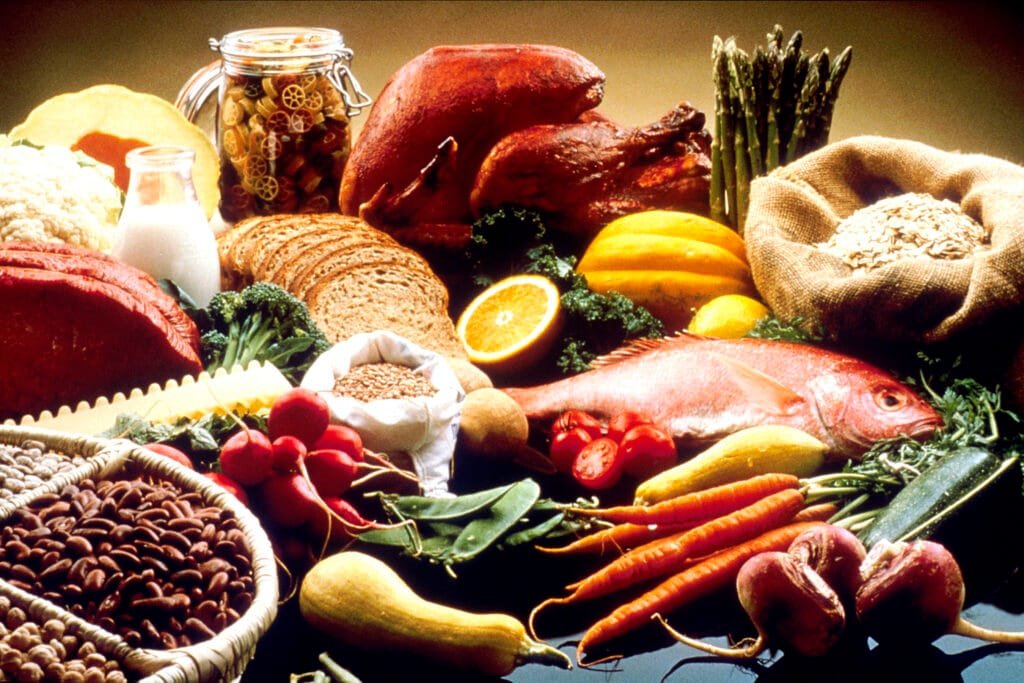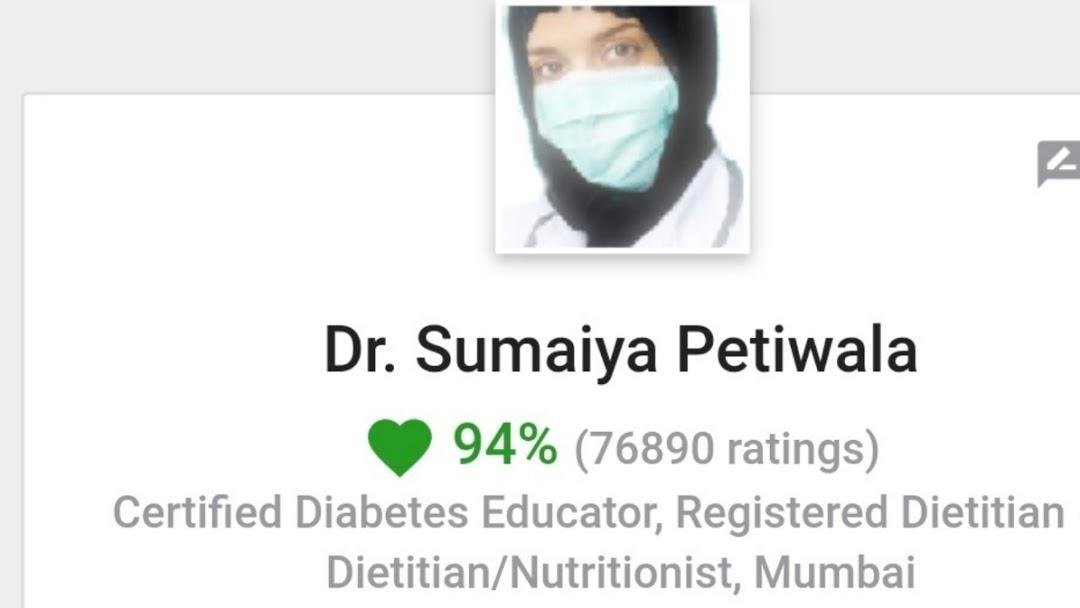12 Affordable Kitchen Ingredients to Build Muscle Naturally
Building muscle doesn’t require expensive supplements or exotic foods. You can achieve significant muscle growth by strategically utilizing common, affordable ingredients found right in your kitchen. This guide, brought to you by Dr. Sumaiya NutriCare Clinic, reveals 12 readily available foods that can support your muscle-building goals, along with practical tips and scientific insights.
Table of Contents
- Introduction: The Power of Affordable Muscle Building
- 12 Kitchen Ingredients for Muscle Gain
- Meal Planning for Muscle Growth
- Conclusion: Your Path to Affordable Muscle Gain
- References
Introduction: The Power of Affordable Muscle Building
Many people believe that building muscle requires a significant financial investment in protein powders, specialized supplements, and expensive cuts of meat. While these can be helpful, they are not essential. A well-balanced diet, rich in whole foods, can provide all the necessary nutrients for muscle protein synthesis and overall muscle growth. This approach is not only more budget-friendly but also promotes long-term health and sustainable results. The key is understanding which readily available foods offer the best nutritional profile for muscle building.
Muscle growth, or hypertrophy, occurs when muscle protein synthesis exceeds muscle protein breakdown. This process is primarily driven by two factors: resistance training (like weightlifting) and adequate nutrient intake, especially protein. Protein provides the amino acids, the building blocks of muscle tissue. However, carbohydrates and healthy fats also play crucial roles in providing energy for workouts and supporting hormone production, which is vital for muscle growth.
12 Kitchen Ingredients for Muscle Gain
Here are 12 affordable and readily available kitchen staples that can significantly contribute to your muscle-building journey:
- Eggs: A complete protein source, containing all nine essential amino acids. Eggs are also rich in leucine, an amino acid crucial for stimulating muscle protein synthesis. A study published in the *American Journal of Clinical Nutrition* showed that consuming whole eggs after resistance exercise resulted in greater muscle protein synthesis compared to consuming egg whites alone.
- Chicken Breast: A lean protein powerhouse, providing a high amount of protein per serving with minimal fat. It’s versatile and can be incorporated into various dishes.
- Lentils: A fantastic plant-based protein source, also rich in fiber and complex carbohydrates. Lentils provide sustained energy for workouts and support digestive health.
- Chickpeas (Garbanzo Beans): Similar to lentils, chickpeas are a great source of plant-based protein and fiber. They can be used in salads, stews, or roasted for a crunchy snack.
- Greek Yogurt (Plain, Non-fat): Packed with protein, particularly casein protein, which is digested slowly and provides a sustained release of amino acids to the muscles. It’s also a good source of calcium, important for bone health.
- Milk: Provides a combination of whey and casein protein, making it beneficial for both immediate and sustained muscle protein synthesis. Choose low-fat or skim milk to minimize fat intake.
- Oats: A complex carbohydrate source that provides sustained energy for workouts. Oats also contain fiber, which aids in digestion and helps regulate blood sugar levels.
- Brown Rice: Another excellent complex carbohydrate source, providing sustained energy and essential nutrients.
- Sweet Potatoes: Rich in complex carbohydrates, fiber, and vitamins, particularly vitamin A. They provide sustained energy and support overall health.
- Bananas: A good source of carbohydrates, particularly potassium, an electrolyte important for muscle function and preventing cramps. They’re a great pre- or post-workout snack.
- Spinach: While not a significant source of protein, spinach is packed with vitamins, minerals, and antioxidants that support overall health and recovery. It contains nitrates, which may improve exercise performance.
- Almonds: A source of healthy fats, protein, and fiber. Healthy fats are essential for hormone production, which plays a role in muscle growth. Almonds also provide vitamin E, an antioxidant.

Need Personalized Guidance?
While this guide provides valuable information, individual needs can vary. For personalized advice tailored to your specific goals and body type, consider booking a consultation with Dr. Sumaiya. She can help you create a customized meal plan and exercise program to optimize your muscle-building journey.
Conclusion: Your Path to Affordable Muscle Gain
Building muscle doesn’t have to be expensive. By focusing on nutrient-rich, whole foods readily available in your kitchen, you can achieve significant results. Remember to prioritize protein intake, consume adequate carbohydrates for energy, and include healthy fats in your diet. Combine this with a consistent resistance training program, and you’ll be well on your way to achieving your muscle-building goals. Dr. Sumaiya NutriCare Clinic is here to support you on your journey to a healthier, stronger you!
References
- van Vliet S, Burd NA, van Loon LJ. The Skeletal Muscle Anabolic Response to Plant- versus Animal-Based Protein Consumption. *J Nutr*. 2015;145(9):1981-1991. doi:10.3945/jn.114.204305
- Phillips SM, Van Loon LJ. Dietary protein for athletes: from requirements to optimum adaptation. *J Sports Sci*. 2011;29 Suppl 1:S29-S38. doi:10.1080/02640414.2011.619204
- Witard OC, Wardle SL, Macnaughton LS, Hodgson AB, Tipton KD. Protein Considerations for Optimising Skeletal Muscle Mass in Healthy Young and Older Adults. *Nutrients*. 2016;8(4):181. Published 2016 Mar 23. doi:10.3390/nu8040181
- Vliet, S. V., Burd, N. A., & Loon, L. J. C. V. (2015). The Skeletal Muscle Anabolic Response to Plant- versus Animal-Based Protein Consumption. *The Journal of Nutrition*, *145*(9), 1981–1991. https://doi.org/10.3945/jn.114.204305


